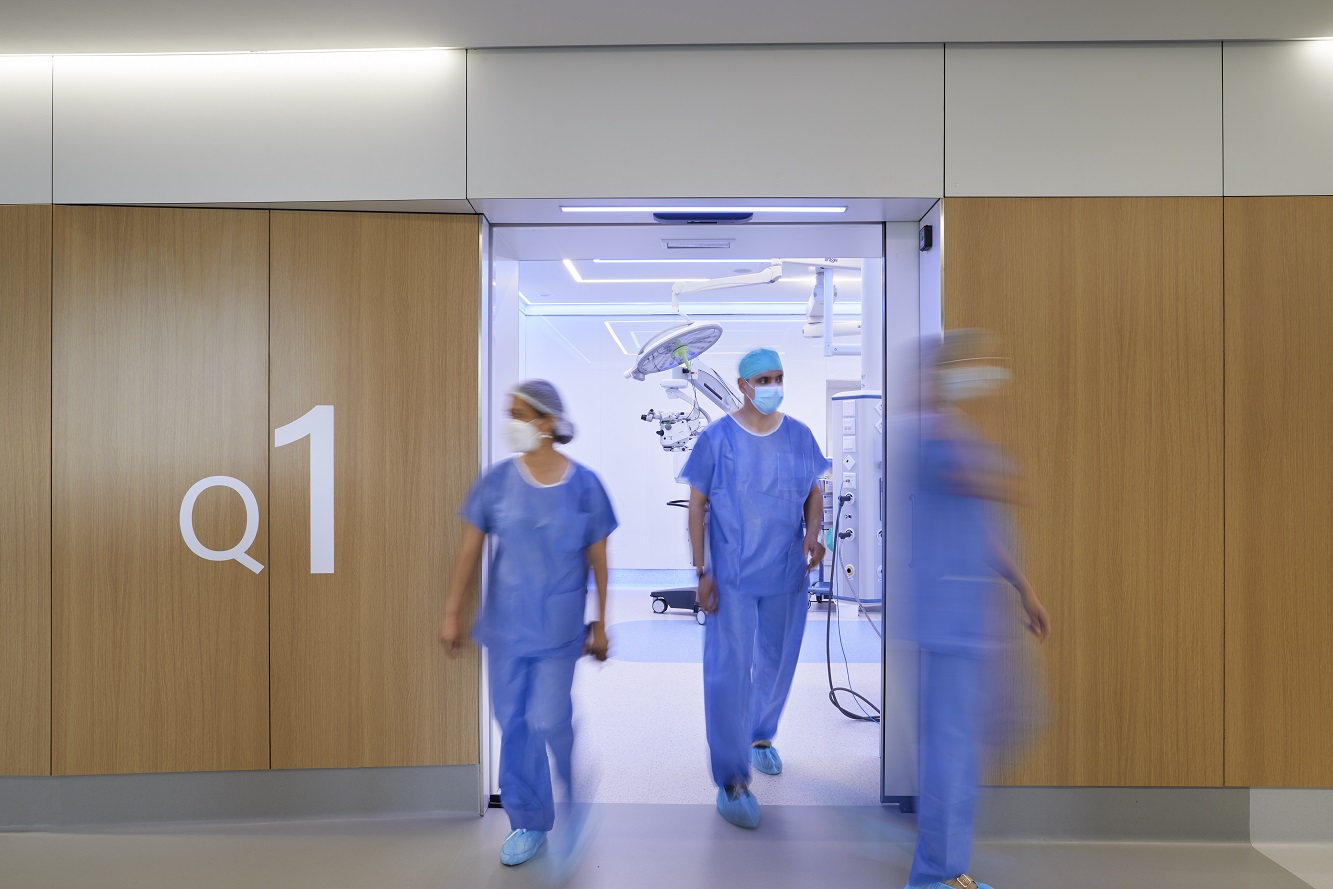Innovation and design
Automatic doors promote customer wellbeing thanks to neuroarchitecture

One of the values that architects consider most when designing a new building is the level of comfort for people in and around the building. Whether it is a shopping centre, a hotel, a restaurant, a hospital, an airport or a home, one of the keys to architectural design is based on the wellbeing of those who pass through the building.
Neuroarchitecture is a science that specifically seeks to make people feel good by having a positive effect on their emotions and feelings. Among its characteristics we can mention aspects such as natural lighting, acoustics, the green areas that integrate and surround it, ceiling height, the colour of the floors, walls and furniture, as well as architectural elements of the building’s structure such as angles and shapes. This not only ensures that people visiting the space feel good, but also that they will choose to come back in the future if they need to, and not opt for the competition in the case of, for example, shops or restaurants.
One of the elements included in this architectural concept is the integration of automatic doors in the access points from the outside as well as for the different internal rooms that may exist in the building. Intelligent accesses favour the transit of people and give the space they are installed in a modern, avant-garde touch, as well as advanced technology.
Examples of neuroarchitecture and automatic doors
Manusa automatic doors open quickly to allow people through and can be integrated in any space as another element of the building, allowing the natural light coming from the outside to pass through thanks to their transparent glass panels. Thanks to the team of professionals that design, manufacture and install these elements in all types of buildings, they achieve a high level of wellbeing and comfort for both employees and customers. So, which intelligent accesses are ideal?
- Automatic sliding doors, be they standard, telescopic, curved or semi-circular.
- Automatic swing doors.
If we look specifically at neuroarchitecture in healthcare settings, we can also include automatic hermetic doors in sliding, swing and glazed models. In a hospital, it is vital to ensure perfect conditions for patients’ wellbeing and the Manusa intelligent access solutions will help with this.
Neuroarchitecture has an impact on the human brain and therefore reduces stress, increases comfort and makes people feel that a building is healthy. It also improves employees’ concentration. This has a positive impact on the place and on the business or company that manages it if it is a for-profit space.
Are you an architect? Do you want to incorporate automatic doors in a neuroarchitectural project? Contact us now and work with our team of professionals. Likewise, if you have a business and want to improve your clients’ premises by having a positive influence on their five senses, we recommend installing intelligent access points.
